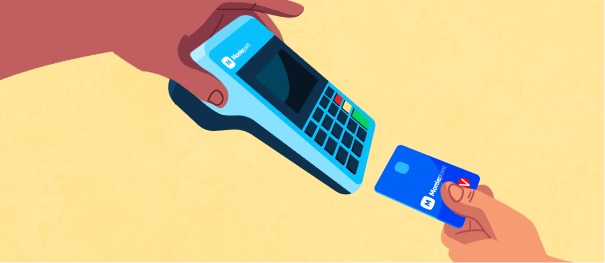The years between 2015 and 2020 marked the emergence of Nigeria’s biggest neobanks: Moniepoint (2015), Kuda (2016), Opay (2018), and Palmpay (2019). These digital banks gained widespread popularity during the COVID-19 pandemic, when lockdowns necessitated alternative banking solutions. A subsequent cash crunch in 2023 further fuelled their adoption.
Today, these challenger banks have become the preferred banking platforms for a growing number of young Nigerians. Nigeria leads Africa in fintech investment, with a surge of startups promising to tackle the high charges and inefficiencies of traditional banks. However, not every Nigerian is convinced by their appeal.
Skepticism Among Older Generations
Victoria Pepple, a 42-year-old English teacher, epitomises the cautious approach of many older Nigerians toward fintech banks. For her, these platforms evoke memories of Ponzi schemes. Victoria’s mistrust deepened when Heritage Bank, where she had deposited her funds, lost its operating license in 2024. Her experience highlights the lingering wariness many feel toward financial institutions without long-standing reputations.
Another significant concern is the lack of physical infrastructure. Unlike traditional banks, most fintech platforms operate digitally, leaving customers unable to walk into branches to resolve issues. This is a dealbreaker for those accustomed to the physical presence of conventional banks. “Where is their office? Do they have branches?” Victoria often asks. Although some fintech companies maintain offices, they are neither widespread nor widely known.
Distrust Among Business Owners
Business owners like Iya Rasheedat, who runs a large provisions store, share similar reservations. Despite accepting card payments and transfers, she avoids using fintech apps herself. Instead, her daughter Rasheedat handles digital transactions via a fintech account and transfers the funds to her mother’s traditional bank account.
This generational divide underscores a common sentiment: trust remains a significant barrier. Director Ohio, responding to a tweet on X (formerly Twitter), remarked, “I can’t put such an amount of money in a bank that doesn’t have a physical branch.”
Shege, another commenter on X, echoed this sentiment: “No matter how efficient or effective they are, it’ll take years for the public to build the same level of trust they have in traditional banks.”
In contrast, younger Nigerians are more willing to embrace fintech. For them, these platforms offer speed, efficiency and convenience. Justice Israel, a fintech enthusiast, shared his positive experience: “I’ve been using it since 2019 to run my business with no hiccups. I’ll continue to do so.”
Fintech platforms have addressed some of the shortcomings of traditional banks, including exorbitant fees, long queues, and sluggish customer service. Additionally, many of these platforms are approved by the Central Bank of Nigeria (CBN) and insured by the Nigeria Deposit Insurance Corporation (NDIC), lending them an air of credibility. Some have even received industry awards for their services.
A Matter of Time
While concerns about trust and infrastructure persist, fintech platforms are undeniably reshaping Nigeria’s banking landscape. For sceptics, the solution may lie in time. The older generation—firm in their preference for traditional banking—may require years to build trust in these digital platforms. However, as fintech companies continue to demonstrate reliability and efficiency, they may win over even the most hesitant customers.
Between 2015 and 2020, major Nigerian neobanks like Moniepoint, Kuda, Opay, and Palmpay emerged, particularly gaining traction during the COVID-19 pandemic and a cash crunch in 2023. With Nigeria leading Africa in fintech investment, these digital banks have become increasingly popular among the youth for offering speed, efficiency, and convenience, contrasting with the traditional banks' high fees and inefficiencies. Despite this, skepticism persists, particularly among older generations who associate fintech with unreliable schemes and lack of physical infrastructure, making trust a prime concern. Business owners reflect similar hesitancy, preferring traditional banks for substantial sums of money.
The resistance to neobanks is influenced by negative past experiences with financial institutions and the absence of physical branches, which comfort those accustomed to conventional banking. However, fintech platforms, some accredited by the Central Bank of Nigeria and insured by the Nigeria Deposit Insurance Corporation, are proving reliable. They address numerous traditional banking shortfalls, potentially reshaping Nigeria's financial landscape. Although it may take time for widespread acceptance, particularly among older Nigerians, the continual demonstration of reliability and the evolving fintech industry could eventually win over even the most hesitant customers.






